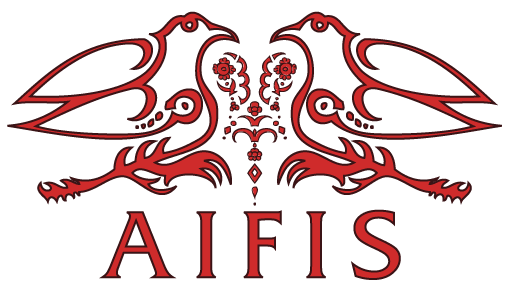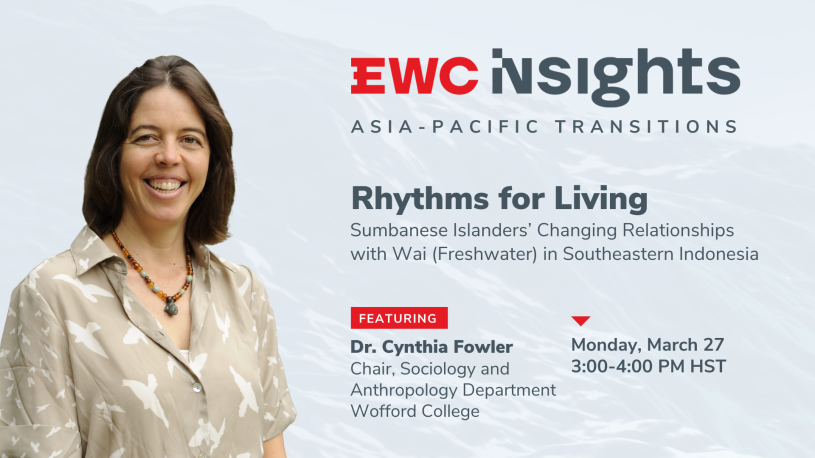Atmospheric and oceanic circulations create rhythms for living that reverberate in the relationships Sumbanese Islanders have with wai, meaning “freshwater.” Sumbanese dwell in a hydrologically heterogenous space created by tectonic forces where the monsoonal climate generates strong seasonal variability in water supplies. Given this biophysical backdrop for an evolving situation, what kinds of relationships do people have with freshwater and how have they changed during the past 25 years? The hydrogeological context and its connections with the social context have given rise to bountiful ethnolinguistic diversity for the island’s blended Austronesian-Papuan communities who syncretize their ancestral Marapu religion with Christianity and merge their exchange-based subsistence economy with capitalism. Studying the changing relationships between people and freshwater on Sumba requires a framework that encompasses sequential scales from the ancient to the present, from the ethnic group to the nation-state and accounts for interlocking transformations of the geological and the hydrological, the linguistic and the cultural. Seeing freshwater in Tana Humba (Water Country) as modified by both environmental vicissitudes and human activities means approaching the hydrosocial case as a coupled social-ecological systems.
Cynthia Fowler (PhD University of Hawai‘i 1999) is Chair of the Sociology and Anthropology Department at Wofford College in Spartanburg, South Carolina. She is co-editor of two monograph series: Global Change/Global Health as and Contributions in Ethnobiology. In January 2023, Cynthia completed a Fulbright US Scholar project which this talk at the East-West Center is based upon.
The views expressed are those of the speaker and do not necessarily reflect East-West Center policies or positions.

